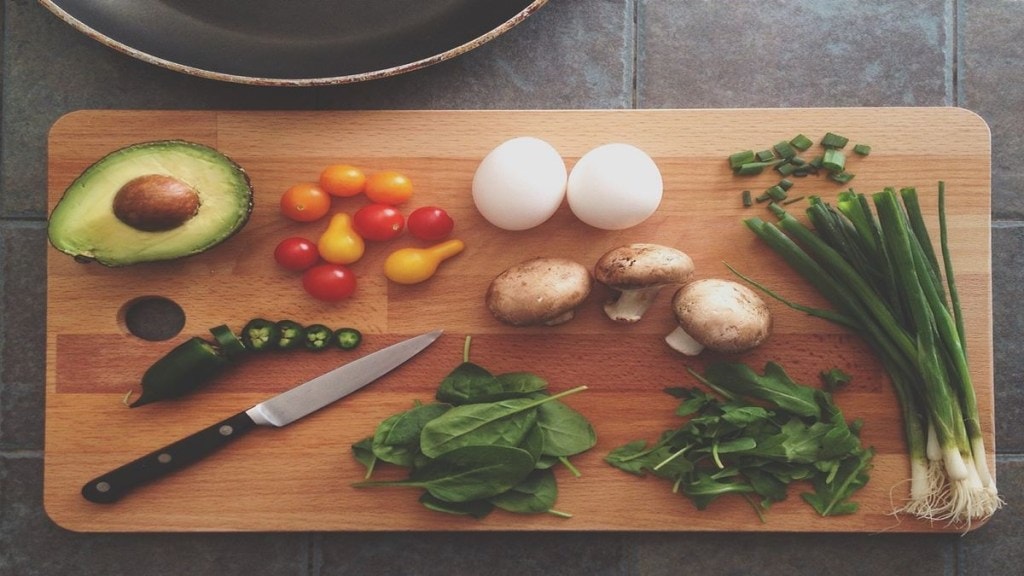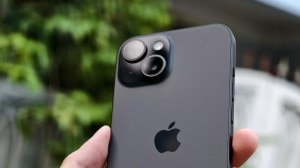Almost everyone has a cutting board in their kitchen to chop vegetables. These cutting boards might seem like harmless kitchen equipment, but they can be a serious health hazard.
In an eye-opening study, researchers have found that using cutting boards is a dangerous source of harmful microplastics in human food. Well, now you must be thinking that wooden boards are safe. Unfortunately, no. The study has revealed that both plastic and wooden boards can produce toxic microplastics.
According to health experts, microplastics are tiny particles and they can cause severe implications for your health. Some studies suggest that we may be consuming up to 5 grams of plastic each week from our food, water, and certain consumer products. Consuming microplastics can lead to several health issues, such as increased inflammation, impaired fasting glucose, insulin resistance, type 2 diabetes, and heart disease.
According to researchers, chopping up carrots on wood and plastic boards could produce tens of millions of microparticles a year. The findings of the study were published in the American Chemical Society journal recently.
While conducting the study, the scientists collected and measured the micro-sized particles released from cutting boards, which were repeatedly struck by a knife. In their tests, they compared five people’s chopping patterns and one person’s chopping on different materials with and without carrots.
The team calculated that food preparation could produce 14 to 71 million polyethylene microplastics and 79 million polypropylene microplastics from their respective boards each year.
Surprisingly, the researchers found that wooden boards sloughed off 4 to 22 times more microparticles than plastic ones in different tests. The scientists also found that polyethylene microplastics and wood microparticles released when chopping carrots didn’t appear to significantly change mouse cells’ viability in lab tests.
The researchers emphasised that although plastic cutting boards are easy to clean, other options could be used to reduce potential microplastic contamination in foods.








